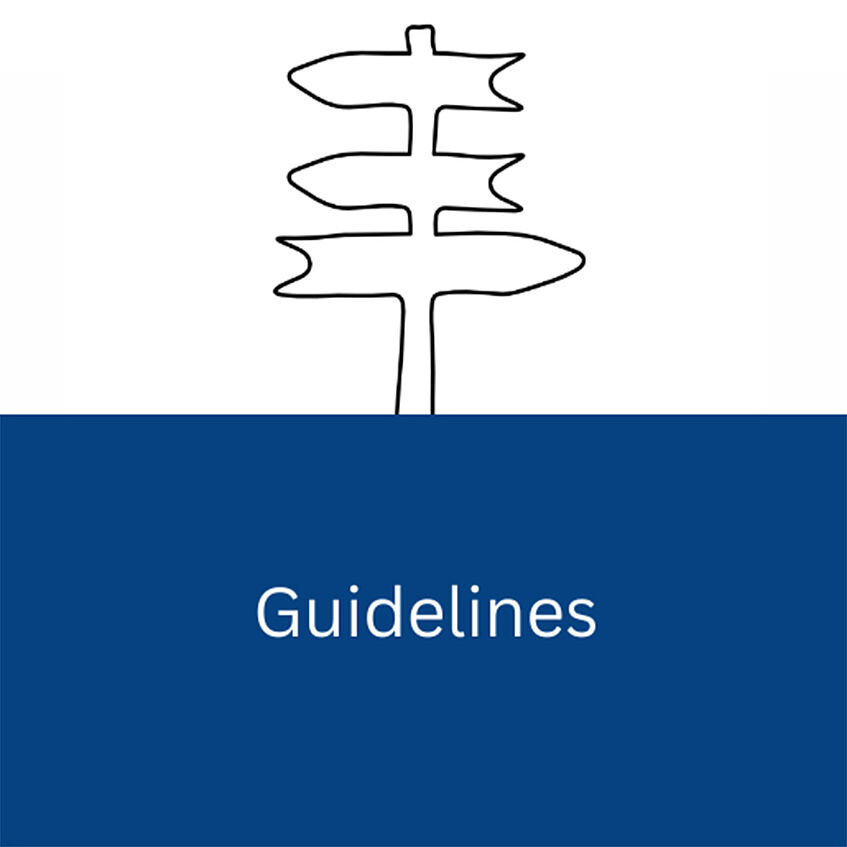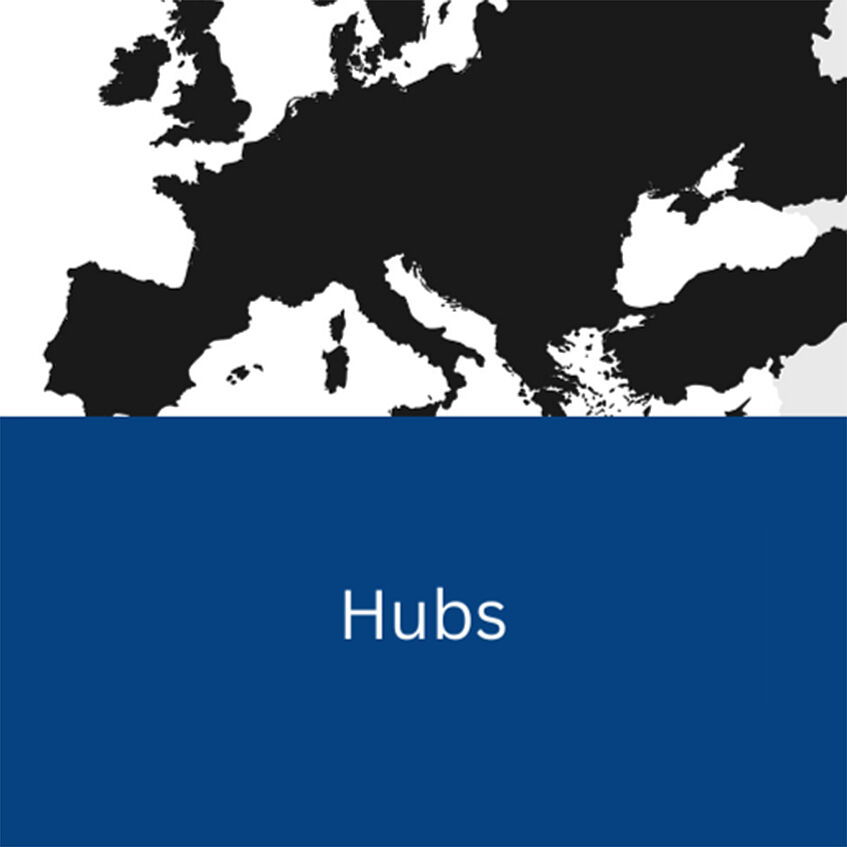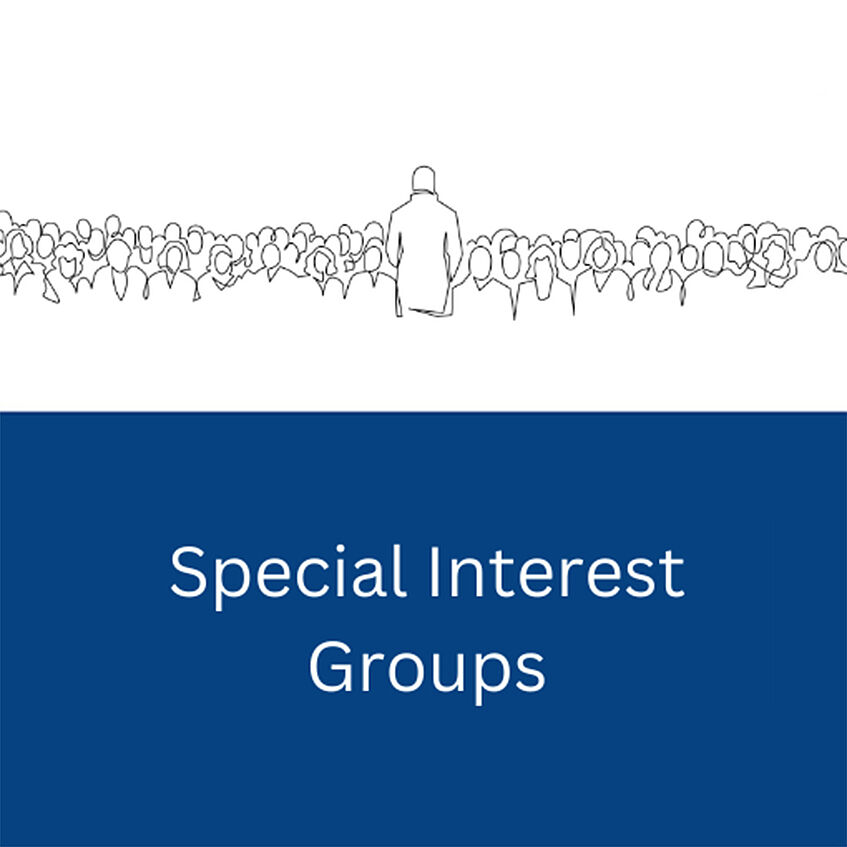Hubs and SIGs
Hubs and Special Interest Groups (SIGs) serve as dedicated working groups within ELI, aimed at to facilitating discussion, sharing and monitoring legal developments, and stimulating project proposals. As such, they are of fundamental importance to ELI’s success. Whereas Hubs are country specific groups, SIGs are topic specific.
These groups enable ELI Members to meet periodically with each other and form connections with others that can share their expertise, and create an interactive forum for discussion.
The running of both groups is regulated by the Guidelines for ELI Hubs and SIGs.



